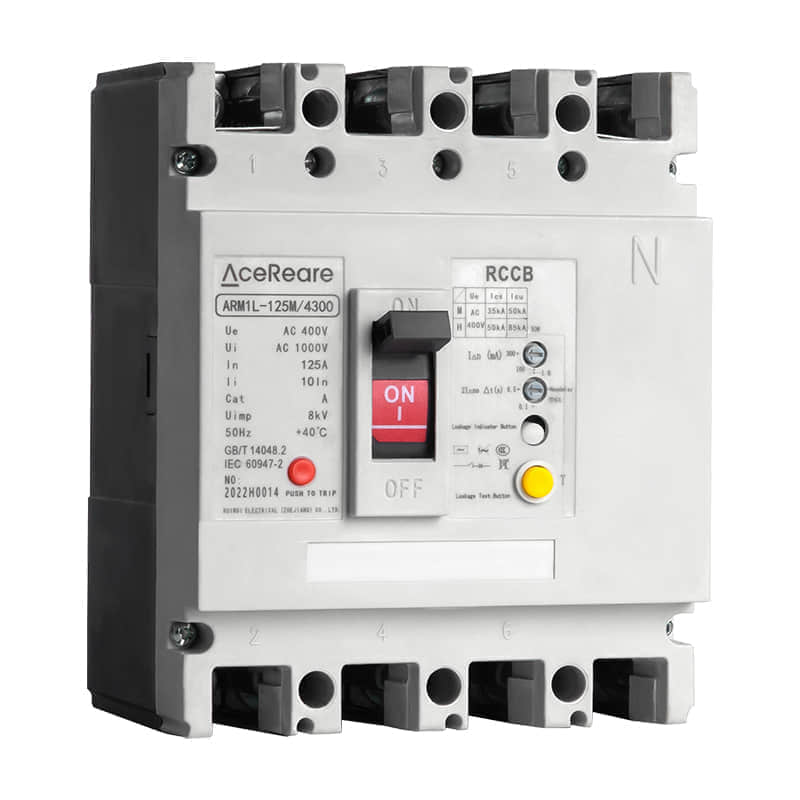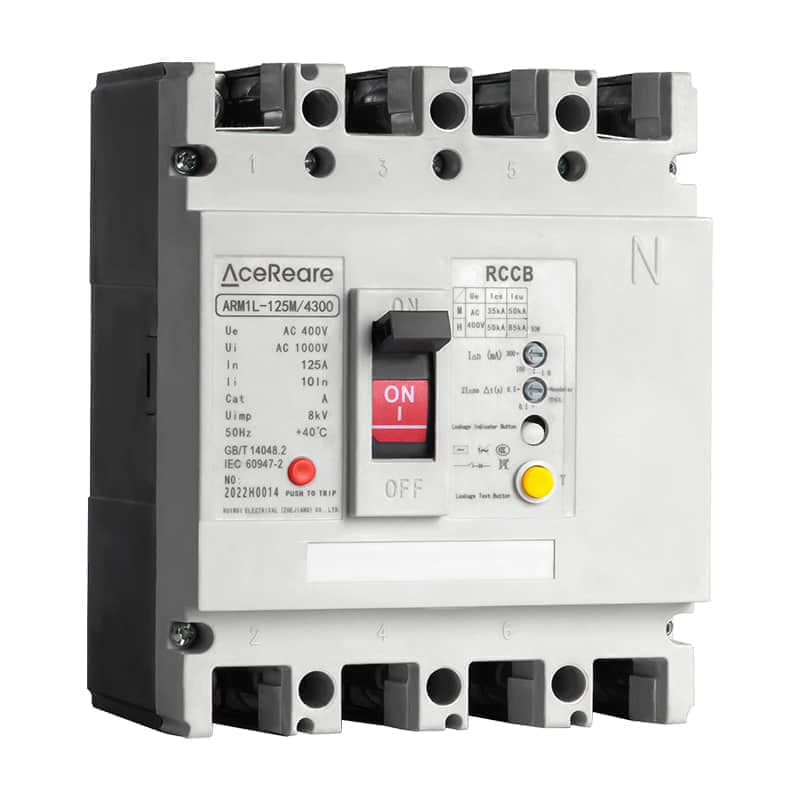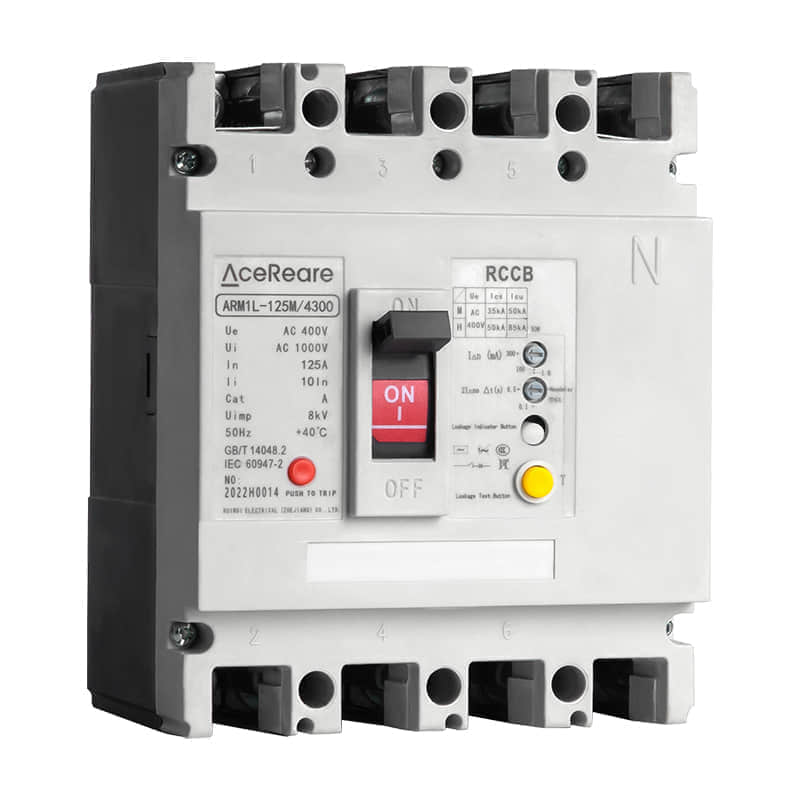In an era characterized by technological innovation and increasing reliance on electricity, ensuring the safety of electrical systems has become paramount. Molded Case Circuit Breakers (MCCBs) with Residual Leakage Protection have emerged as a crucial component in safeguarding both people and property from electrical hazards. This article explores the significance, functionality, and benefits of MCCBs with Residual Leakage Protection, highlighting their essential role in modern electrical systems.

The Significance of MCCBs with Residual Leakage Protection

Electrical circuits are prone to various faults, including short circuits, overloads, and ground faults. While traditional MCCBs effectively protect against short circuits and overloads, they often fall short in detecting ground faults, which can lead to electrical fires or electric shock hazards. This is where MCCBs with Residual Leakage Protection come into play. Understanding MCCBs with Residual Leakage Protection MCCBs with Residual Leakage Protection, commonly known as RCBOs (Residual Current Circuit Breakers with Overcurrent Protection), are designed to offer comprehensive electrical protection. They integrate the features of both MCCBs and Residual Current Devices (RCDs) into a single device. Overcurrent Protection: Like conventional MCCBs, these devices are equipped to trip and disconnect the circuit in case of overcurrent situations, such as short circuits and overloads. This aspect ensures that electrical appliances and systems remain safe from damage due to excessive current. Residual Leakage Protection: The unique feature of RCBOs is their ability to detect even minute imbalances in the electrical current, which may indicate a ground fault. When such an imbalance is detected, the RCBO trips, cutting off the power supply instantly. This rapid response greatly reduces the risk of electric shock and minimizes the potential for electrical fires. Benefits of MCCBs with Residual Leakage Protection Enhanced Safety: The primary advantage of RCBOs is their ability to provide comprehensive protection against electrical hazards. They offer peace of mind by safeguarding both people and property from the dangers associated with ground faults. Reduced Downtime: In the event of a fault, traditional MCCBs typically require manual resetting, leading to downtime. RCBOs, on the other hand, automatically reset once the fault is resolved, minimizing interruptions and ensuring continuity of service. Cost Savings: While the initial cost of installing RCBOs may be higher than traditional MCCBs, the long-term benefits outweigh the investment. Fewer electrical incidents and reduced downtime result in lower maintenance and repair costs. Code Compliance: Many electrical codes and regulations now require the use of RCBOs, especially in residential and commercial applications, to meet stringent safety standards. Compliance with these codes is essential for legal and insurance purposes. Flexibility: RCBOs come in various configurations and ratings, making them suitable for a wide range of applications. They can be installed in homes, offices, industrial facilities, and more. Conclusion In conclusion, Molded Case Circuit Breakers with Residual Leakage Protection, or RCBOs, represent a significant advancement in electrical safety. Their ability to detect ground faults and provide comprehensive protection against electrical hazards makes them an indispensable component of modern electrical systems. Investing in RCBOs not only ensures compliance with safety standards but also contributes to reduced downtime and long-term cost savings. As technology continues to advance, the integration of RCBOs into electrical infrastructure will play a pivotal role in safeguarding lives and property from electrical dangers.
